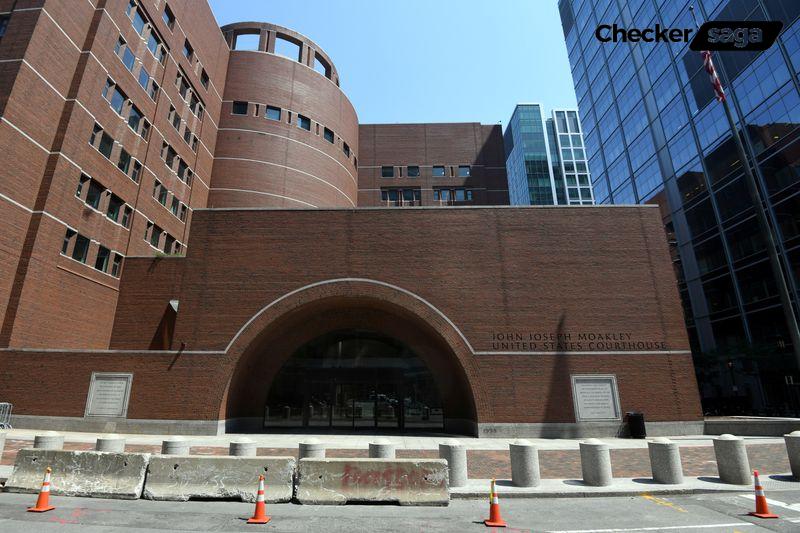In a shocking turn of events, Dr. Rasha Alawieh, a Lebanese doctor who arrived in the United States to teach at Brown University, was deported to Lebanon despite a federal judge ordering her release. This incident raises significant questions about the treatment of skilled professionals with work visas and the actions of government authorities.
Who is Dr. Rasha Alawieh?
Dr. Alawieh is not just any doctor; she specializes in kidney transplants and has trained at prestigious institutions like Yale University and the University of Washington. She entered the U.S. on March 13, 2023, after receiving an H1B work visa on March 11, 2023, allowing her to serve as an assistant professor of medicine at Brown University. Her detention at Boston’s Logan Airport sparked concern among both her colleagues and the broader community.
- Dr. Alawieh was detained by the Department of Homeland Security (DHS) right upon her arrival.
- Brown University expressed deep distress over her unexpected detention.
- Dr. Alawieh’s expertise in nephrology is vital, especially for the medical community in the United States.
What Happened During Her Detention?
Upon her arrival in Boston, Dr. Alawieh was detained by DHS, which offered no explanation for her detention. This lack of transparency is a major concern, especially considering she had all the required documentation to work legally in the country. With the support of her colleagues, a Massachusetts judge intervened, ordering DHS to provide a reason for her detention. The court ruling stated that she should receive 48 hours notice before any potential deportation.
Ignoring the Court Order
Despite the judge’s directives, reports surfaced that DHS disregarded the court order and went ahead with Dr. Alawieh’s deportation. Initially, she was sent to France, and plans were in motion to deport her to Lebanon. This has created a wave of concern surrounding the integrity of the legal process and the responsibilities of government agencies.
Reactions from the Community
Dr. Alawieh’s unexpected deportation has drawn reactions from various quarters, particularly within the medical field. The leadership at Brown University is worried about the impact of such actions on the recruitment of talented medical professionals from abroad. Experts argue that this situation is an example of broader issues related to immigration policies and how they affect skilled workers.
- Brown University stands behind Dr. Alawieh, with many faculty members expressing shock and frustration at the situation.
- Supporters and advocates for immigrant rights are rallying to demand answers from DHS.
Future Hearings and What’s Next?
As the dust settles from these events, a further court hearing has been scheduled. This hearing will address the actions taken by DHS and whether adequate processes were followed in this case. Stakeholders hope that this will lead to greater accountability and clarity in the handling of immigration cases involving highly skilled individuals.
As the situation unfolds, it remains essential for communities and lawmakers to consider how such incidents could shape the future of skilled immigration in the United States. The story of Dr. Rasha Alawieh serves as a reminder of the vital contributions that foreign professionals make and the importance of fair treatment under the law.
























